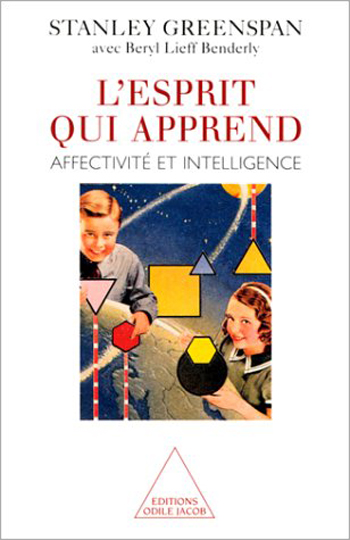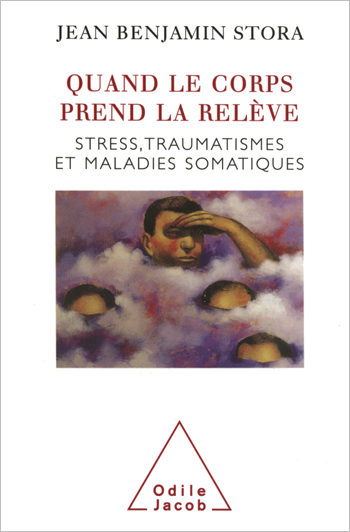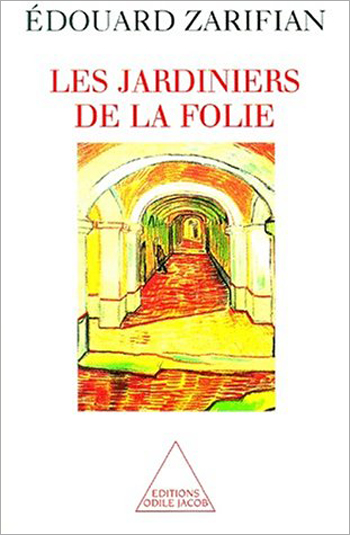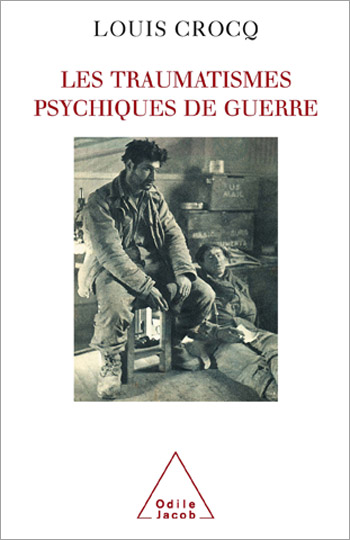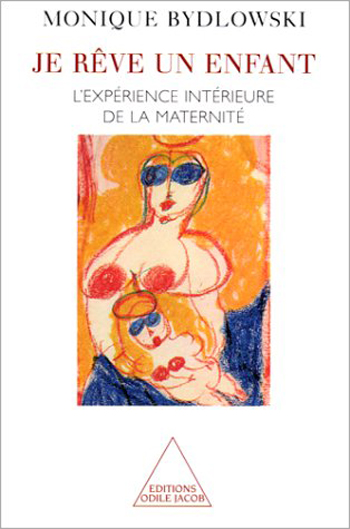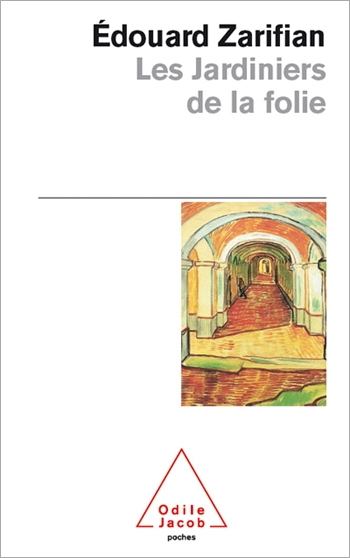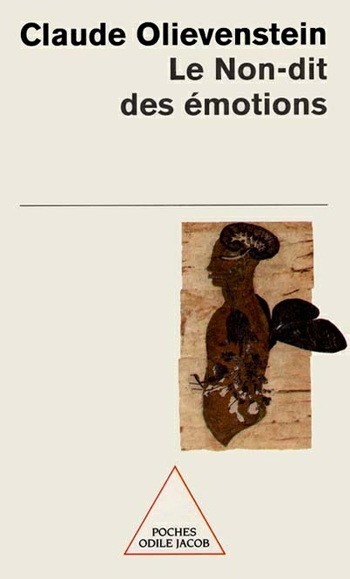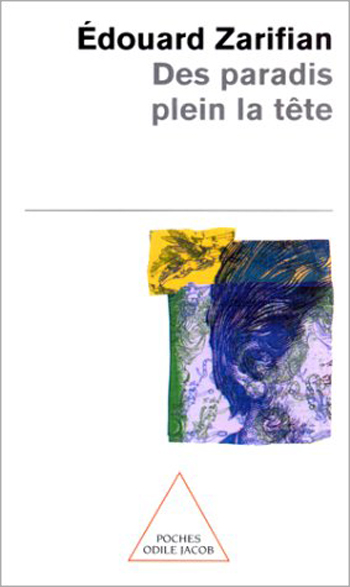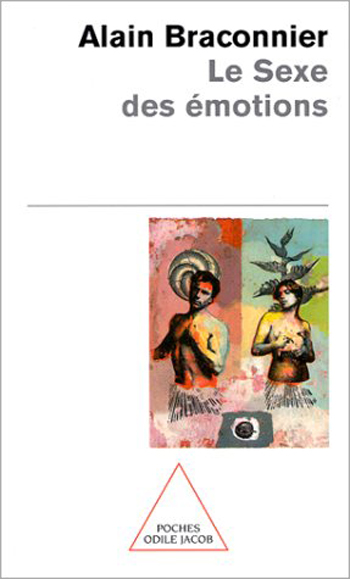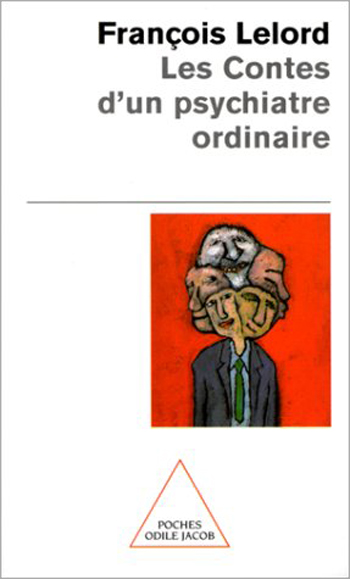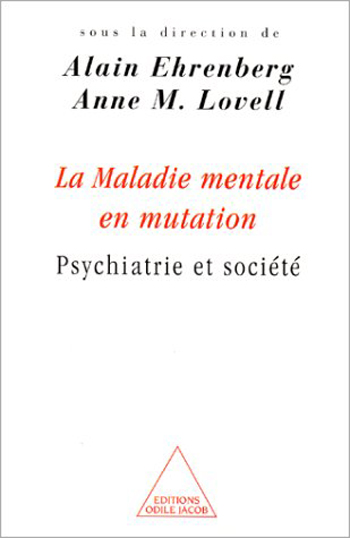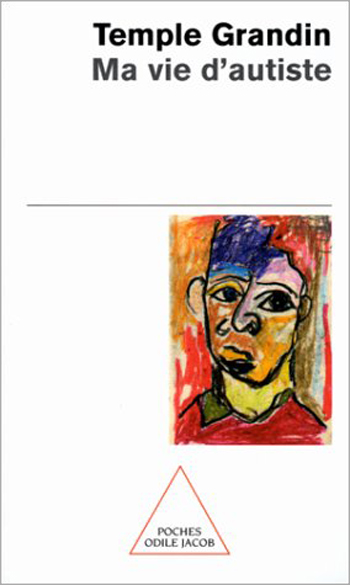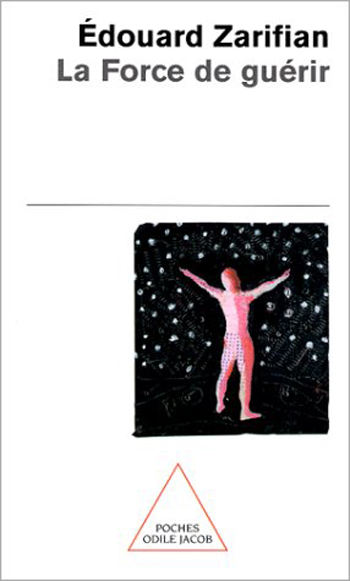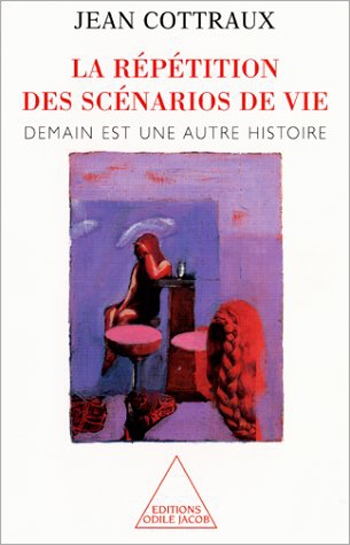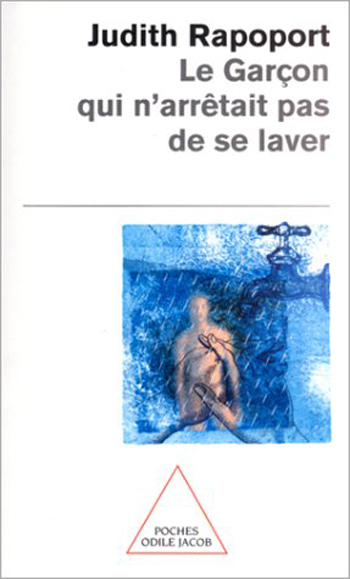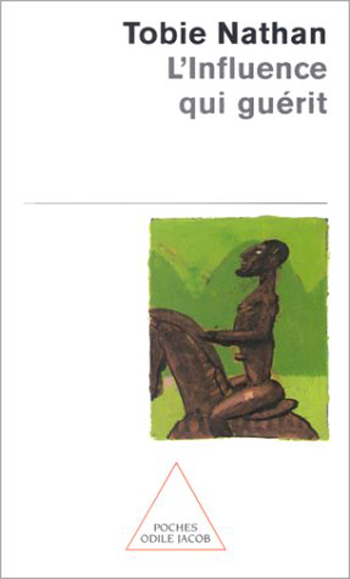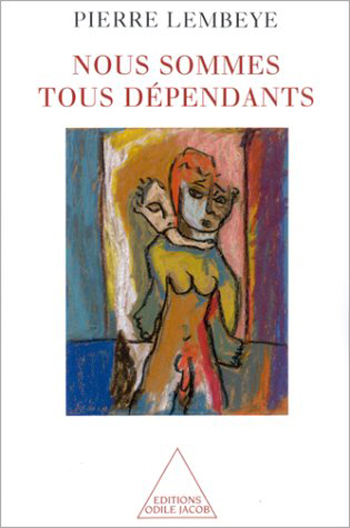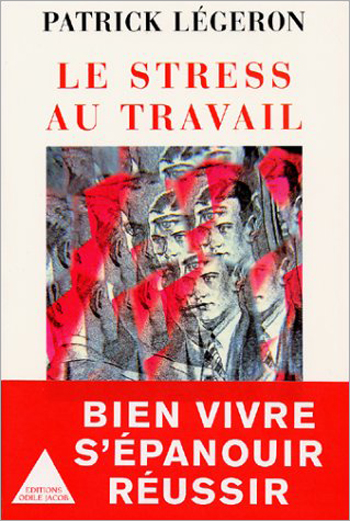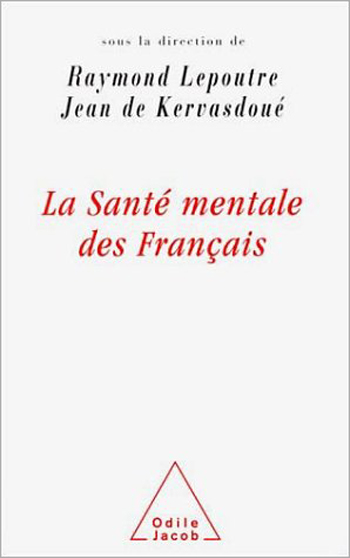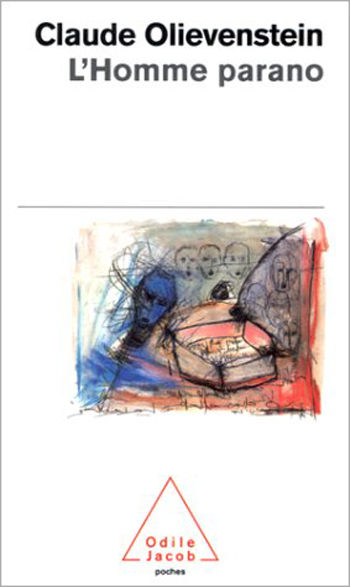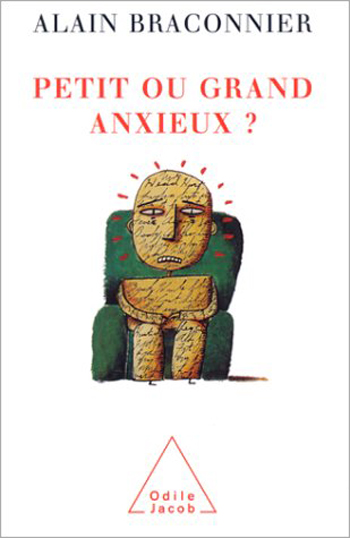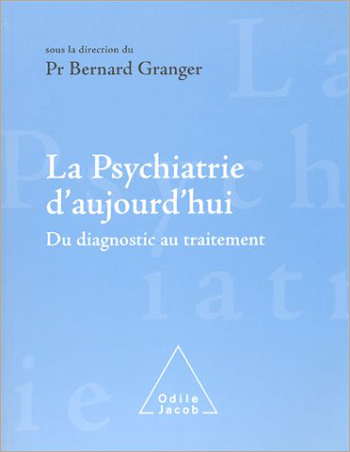Psychiatry All books
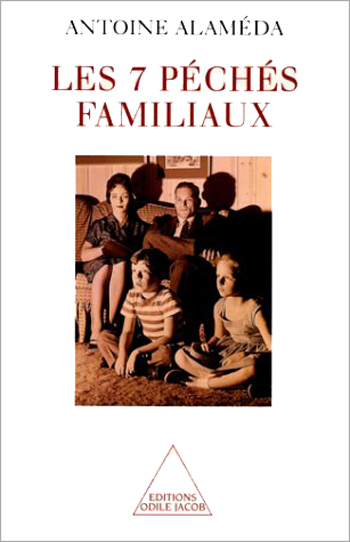
Antoine Alaméda
The 7 Domestic Sins
Based on clinical studies and his own long practice in the field, in this book Alameda shows how each family suffering from psychological problems can become its own best therapist, once it relearns to use the resources paralysed by history and modern culture. Far from being general, guilt-mongering, or infantilizing, Alameda's book concretely examines the seven situations that, today, are the most common reasons for seeking family therapy. Antoine Alameda is director at the Child and Adolescent Psychiatry Clinic at the Hospital of Toulon-la-Seyne.
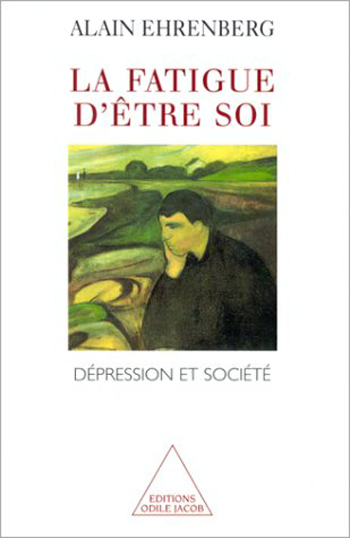
Alain Ehrenberg
Tired of Yourself Depression and Society
Examining the changes that have occurred since the 19th century in both psychiatry and society at large, this book shows how the internal collapse that is depression is the ultimate symbol of our culture of powerlessness. The depressed person cannot rise above the demands imposed on him or that he imposes on himself. He has no recourse but fatigue, inhibition, and indecision. But what does it mean to learn to be oneself? Is our society merely creating huge numbers of hypochondriacs? Can we any longer draw a line between the small unhappinesses and frustrations of daily life, and pathological suffering? Alain Ehrenberg is a sociologist.
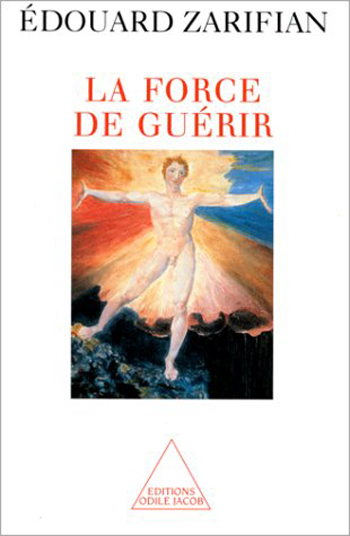
Édouard Zarifian
The Will to Be Cured
Here is the most anachronistic and conservative book that could be written on medicine. Here I defend an idea which is too often forgotten, even if it is at the base of all practical medicine that no treatment can be really whole if the patient, those close to him, and his doctor dont establish a special relationship based on trust. Compassion, understanding of suffering and devotion all have a place in the therapeutic relationship. How should we best care for the sick? Why heal? Its a lost word that I propose here to recover. Édouard Zarifian is a professor of psychiatry and medical psychology at the University of Caen.
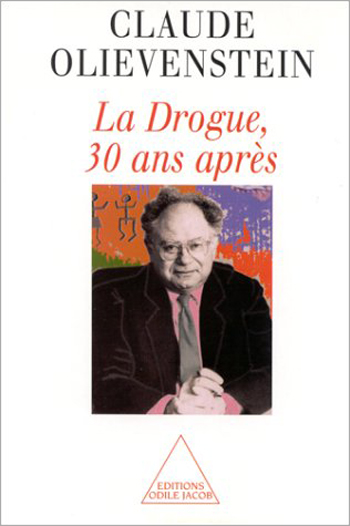
Claude Olievenstein
Drugs, Thirty Years Onwards
Thirty years after the publication of Il n'y a pas de Drogués Heureux, Claude Olievenstein recounts his exceptional career and summarises his current views on a number of social issues that have been his prime concern for many years: drugs, teenagers and the problems of the underprivileged living in housing projects. This is a frank survey of society in state of crisis. Claude Olievenstein is the head doctor at the Centre Médical Marmottan, in Paris, and a world-renowned specialist in the treatment of substance addiction.
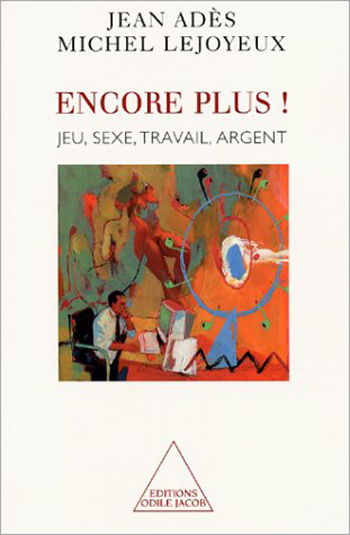
Jean Adès, Michel Lejoyeux
Give Me More! Gambling, Sex, Work, Money
Do we live in an age of addictions? Some pass their time in the office, to the detriment of their family life. Others blow their budget on useless and spontaneous buys. Others still crave thrills and sensations, obtained through participating in extreme sports. But is there a link between a drug addict and a person addicted to shopping, sex or work? Are these new dependencies increasingly frequent, symptomatic of our society? Where does pleasure stop and danger begin? Jean Adès is professor of medicine. Professor Michael Lejoyeux is a psychiatrist.
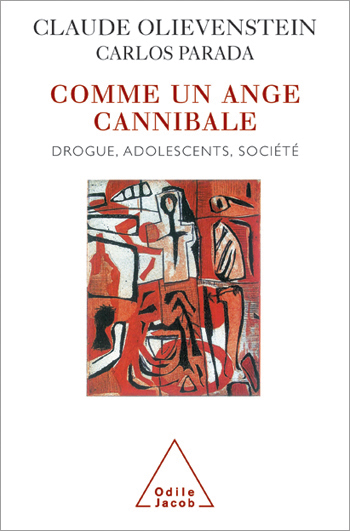
Claude Olievenstein, Carlos Parada
Like A Cannibalistic Angel Drugs, Adolescents and Society
Does it make sense to place hallucinogens and hard drugs in the same category and to regard them all as addictive? Should tobacco and alcohol be put on the same plane as heroin, cocaine and crack ? With the assistance of Carlos Parada, his collaborator at the Centre Médical de Marmottan, Claude Olievenstein offers the reader his latest thoughts and ideas on the highly distinctive world of substance abusers, which is characterised by pleasure, withdrawal, the need for warmth and haste and, above all, by instability and chaos. Claude Olievenstein is the head doctor at the Centre Médical de Marmottan, in Paris, and a senior research fellow at the University of Lyon-II. Carlos Parada, a physician specialising in drug addiction, works at the Centre Médical de Marmottan.
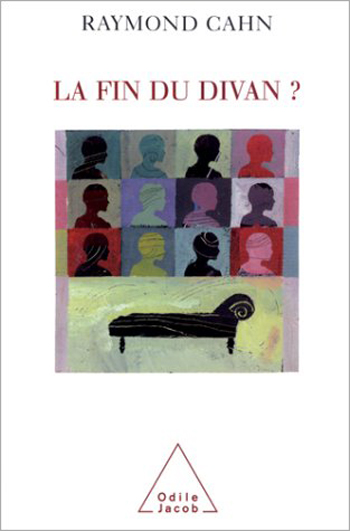
Raymond Cahn
The End of the Couch ?
Why do psychoanalysts refuse to review their methods, while simultaneously recognising that life-styles have evolved and that new pathologies have come into existence? Why, for example, do they remain devoted to the psychoanalysts couch, while realising that certain cures are at a dead-end? This is a controversial work on the challenges facing psychoanalysis a field that had its hour of glory in the 1960s but has since been somewhat discredited. Raymond Cahn is a psychiatrist and psychoanalyst.
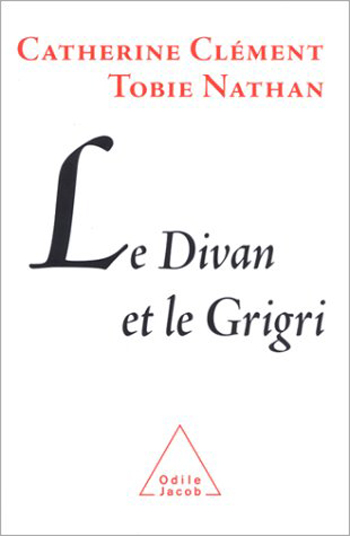
Catherine Clément, Tobie Nathan
The Couch and the Grigri
This work is a fascinating discussion between a practising analyst who has not ceased to confront his discipline with other disciplines of the mind, and a philosopher with great psychoanalytic experience. It aims to show how cultural heritage a debt linking each generation to its ancestors shapes both how we represent reality and our emotional universe. The authors thoughts and conclusions are thoroughly backed up with a variety of specific examples and observations. Tobie Nathan is an ethno-psychologist and teaches clinical and pathological psychology at the University of Paris VIII. Catherine Clément is a writer and philosopher.

